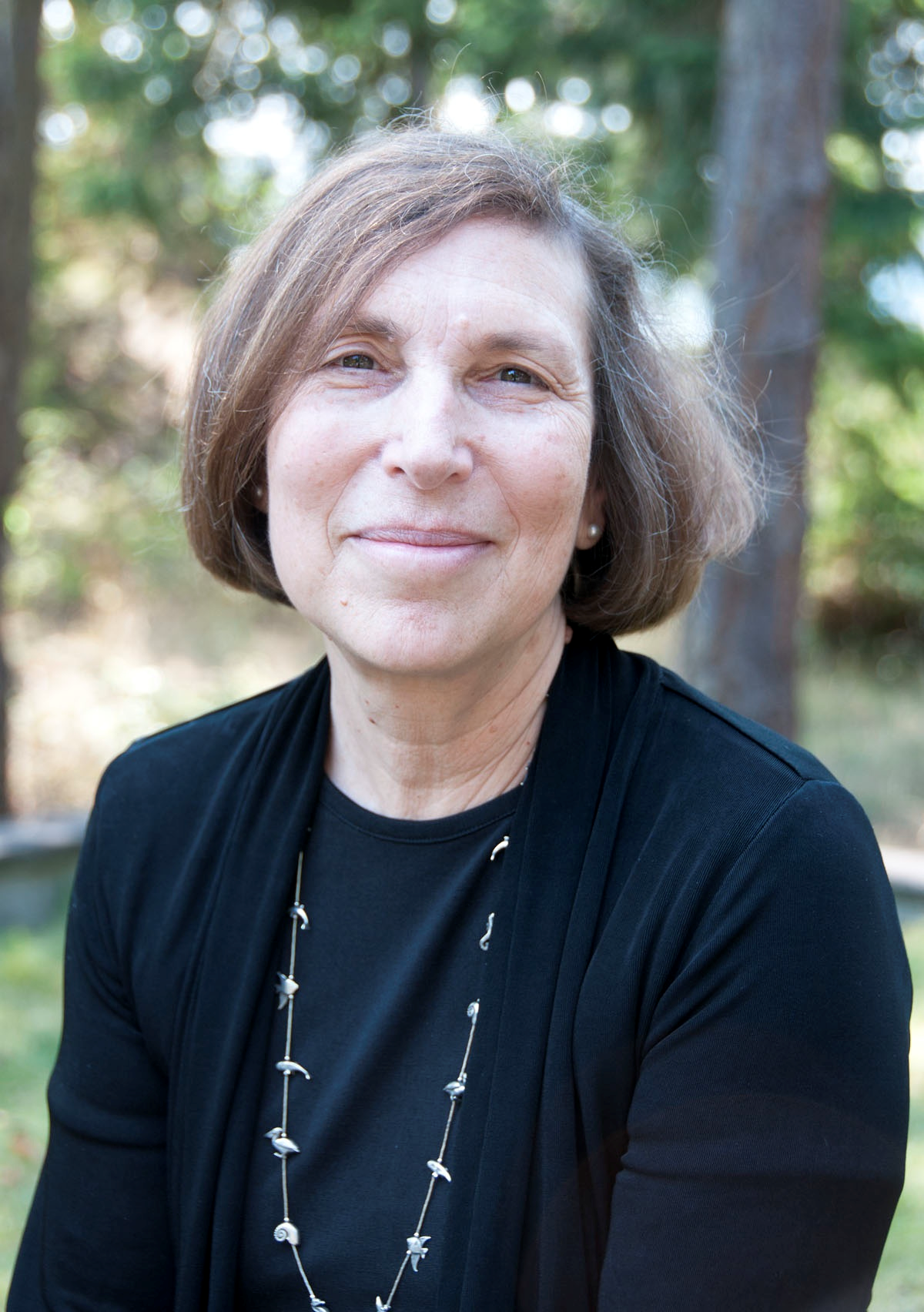Abstract:
Recent exploration and study have identified methane seeps on new margins, in new settings, and with new species. Here I describe research on the ecology and dynamics of Pacific seep macrofauna on hard and soft substrates, and advances in understanding of their trophic structure, resource partitioning, and novel symbioses. This work has identified a continuum of seep configurations, chemotones, ecosystem services and climate vulnerability, yielding an unexpected sphere of influence, with implications for management on continental margins.

Short bio:
Lisa A. Levin is a Distinguished Professor of Biological Oceanography at the Scripps Institution of Oceanography, University of California, San Diego. Levin's research has addressed biodiversity of deep-sea continental margin ecosystems including chemosynthetic ecosystems and oxygen minimum zones, the influence of ocean deoxygenation and ocean acidification on upwelling ecosystems, wetland structure and function in the context of invasion, restoration and water re-use, and connectivity in coastal ecosystems. Her current research focuses on the ecological footprint of methane on continental margins and how climate change and human disturbance affect ecosystem function and services in the deep sea. Levin's deep-sea research has been conducted on the margins of the Pacific, Indian and Atlantic Oceans using ships, submersibles, remotely operated vehicles (ROVs) and autonomous underwater vehicles (AUVs) to sample and conduct experiments. She has participated in over 50 oceanographic expeditions around the world and served as Chief Scientist on many of these. Dr. Levin’s interest in bringing deep-sea science to policy makers has led her to leadership roles in the Deep-Ocean Stewardship Initiative and the Deep Ocean Observing Strategy, and contributions to global assessments for the IPCC and World Ocean Assessment
The seminar will take place on 2nd June, at 1 PM, BCCR lecture room 4020, Jahnebakken 5
